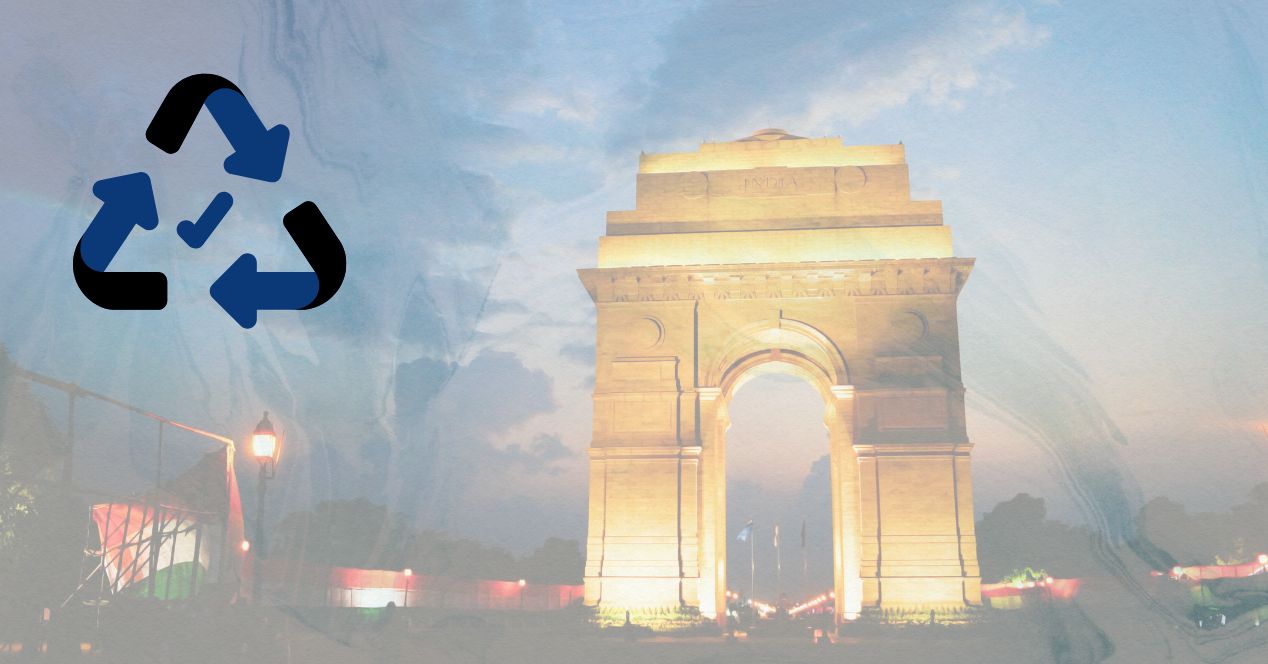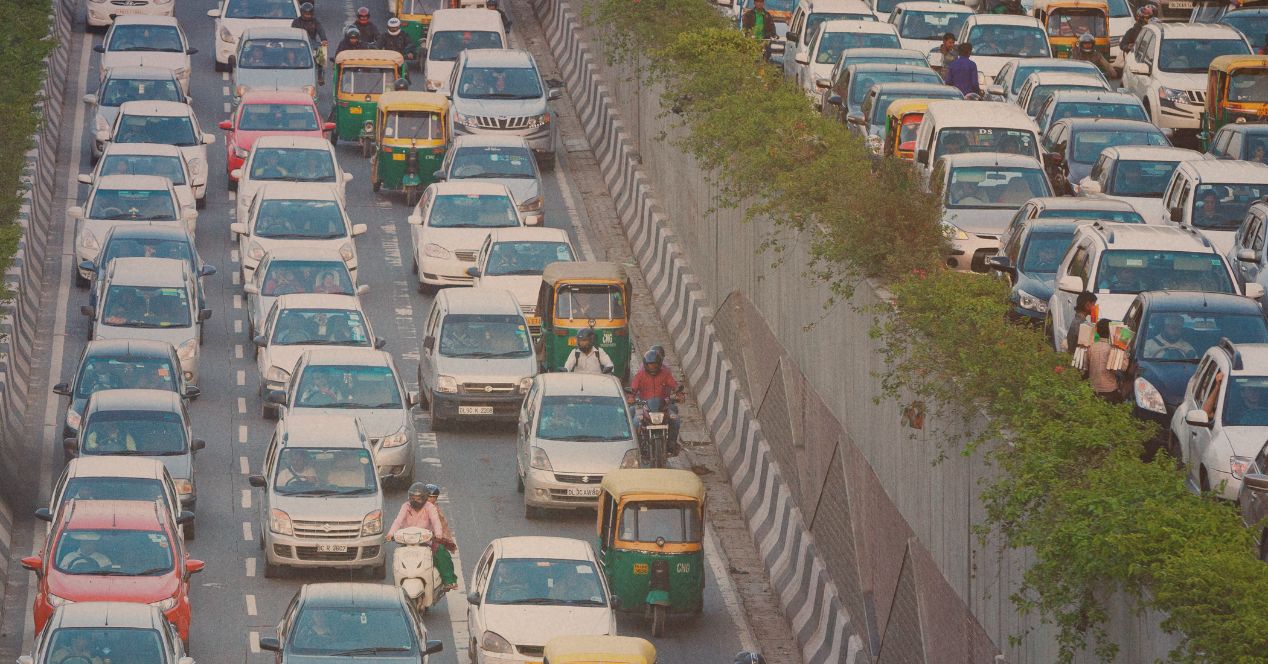Analysis
Delhi Pollution Crisis | SC clamps down on regulatory delays in power plants and waste management
The top court demanded accountability on emission controls, waste management and compensation for affected workers

On 2 April 2025, a Supreme Court bench of Justices A.S. Oka and Ujjal Bhuyan, continued hearing the case of pollution crisis in Delhi-NCR. The hearings were a quintessential example of regulatory inertia. The Court noted that deadlines for controlling emissions from thermal power plants kept getting extended and solid waste management issues remained persistent. The Court also questioned the rationale behind these delays and directed a focus on corrective measures, including relief for workers impacted by pollution control policies.
Power plants and delayed compliance
One of the primary concerns raised during the hearing was the need to expedite compliance timelines for thermal power plants within a 300 km radius of Delhi to meet emission norms. Thermal power plants in India are categorised into Category A, B and C based on their proximity to densely populated and critically polluted areas. The category determines the deadlines for installing emission control technologies like Flue Gas Desulfurisation (FGD). Category A plants, located in high-pollution regions such as Delhi-NCR, have the strictest compliance timelines. Category C plants, situated in less polluted areas, have the longest deadlines—extending up to 2029.
The bench noted that only three plants out of the 11 coal-based thermal power plants in Delhi-NCR region were compliant to pollution norms. The other plants, which had partial compliances, had been given successive extensions despite regulations being in place since 2015.
“None of the 11 plants are to retire so they cannot be exempted from compliance. I am seeking that compliance timelines for power plants within 300 km of NCR should be expedited. Initially, the compliance deadline was 2017. Now we are in 2025,” submitted Amicus Curiae Aparajita Singh.
Singh strongly argued for expediting the compliance timelines, “The government-run power plants are compliant. It is the private players who have not complied.” She also urged the Court to reclassify Category C plants as Category A, effectively fast-tracking their compliance deadlines. “Since 2015, five times the timeline has been changed. There has to be some adherence,” she stated.
Additional Solicitor General Aishwarya Bhati, representing the Union, countered that they have “taken a decision” on not retiring any of the plants “due to energy requirements.” She emphasised that immediate compliance was impractical as installing FGD units alone takes at least 36 months. “There is a rationale for different timelines of Category A, B and C. Merging them will have disastrous consequences,” Bhati cautioned.
Senior Advocate Misha Rohatgi, also appearing for the Union, echoed this concern, stating, “We cannot reduce the timeline because we need that power for the entire country to be working.”
Justice Oka proposed issuing notices to non-compliant plants. He remarked, “We want to ensure that these entities are bound so we don’t extend time repeatedly.” The Court directed the Ministry of Environment and Forests to submit its response regarding the possibility of reclassification and reducing the compliance timeline of 31 December 2029. It also directed that notices be issued to several private power plants that remain non-compliant.
Subsistence allowance for workers affected by GRAP
A persistent issue in the hearings is the compensation of construction workers whose wage was affected due to the implementation of the Graded Response Action Plan (GRAP). The GRAP measures restricted construction activities in the region to curb pollution. In the hearing, the Court was examining how registered workers should be compensated if their bank accounts were not linked to their Aadhar card.
Justice Oka directed the Delhi government to clarify its stance. He stated that there should be someone to verify whether the labourers “were actively working on some site” during the time GRAP IV was implemented in the region. He questioned how verified workers can be denied amounts payable on the ground that their accounts are not linked with Aadhaar. This was concerning as it could exclude legitimate claimants. The Court also instructed the Centre for Holistic Development to submit a list of affected workers and sought an affidavit from the Delhi government within a week.
On 28 February 2025, the Court took cognisance of the payment of compensation to construction workers across all NCR States during the enforcement of GRAP IV. Haryana, Uttar Pradesh and Rajasthan had informed the Court that they had identified and compensated all eligible workers. However, the Delhi government highlighted issues related to worker verification. In response, the Court directed Delhi to complete the verification process and compensate the remaining workers accordingly. The state government had to then submit an affidavit confirming compliance. Additionally, the Court mandated that the Delhi government must compensate such workers whenever GRAP IV is imposed in the region.
In March, this case was listed nine times, covering issues such as stubble burning, ban on use of firecrackers, strengthening air quality management monitoring network, vehicular pollution, and more, but no orders were passed.
Solid Waste Management still pending
The last time the Court addressed the issue of solid waste management was in February, when it questioned why Delhi was still drowning in waste nine years after the Solid Waste Management Rules came into force.
In yesterday’s hearing, while discussions on solid waste management were deferred to a later date, the Court reiterated its earlier directive requiring NCR states to submit a comprehensive plan in line with the Solid Waste Management Rules.
The matter is set to be heard next on 29 April.




